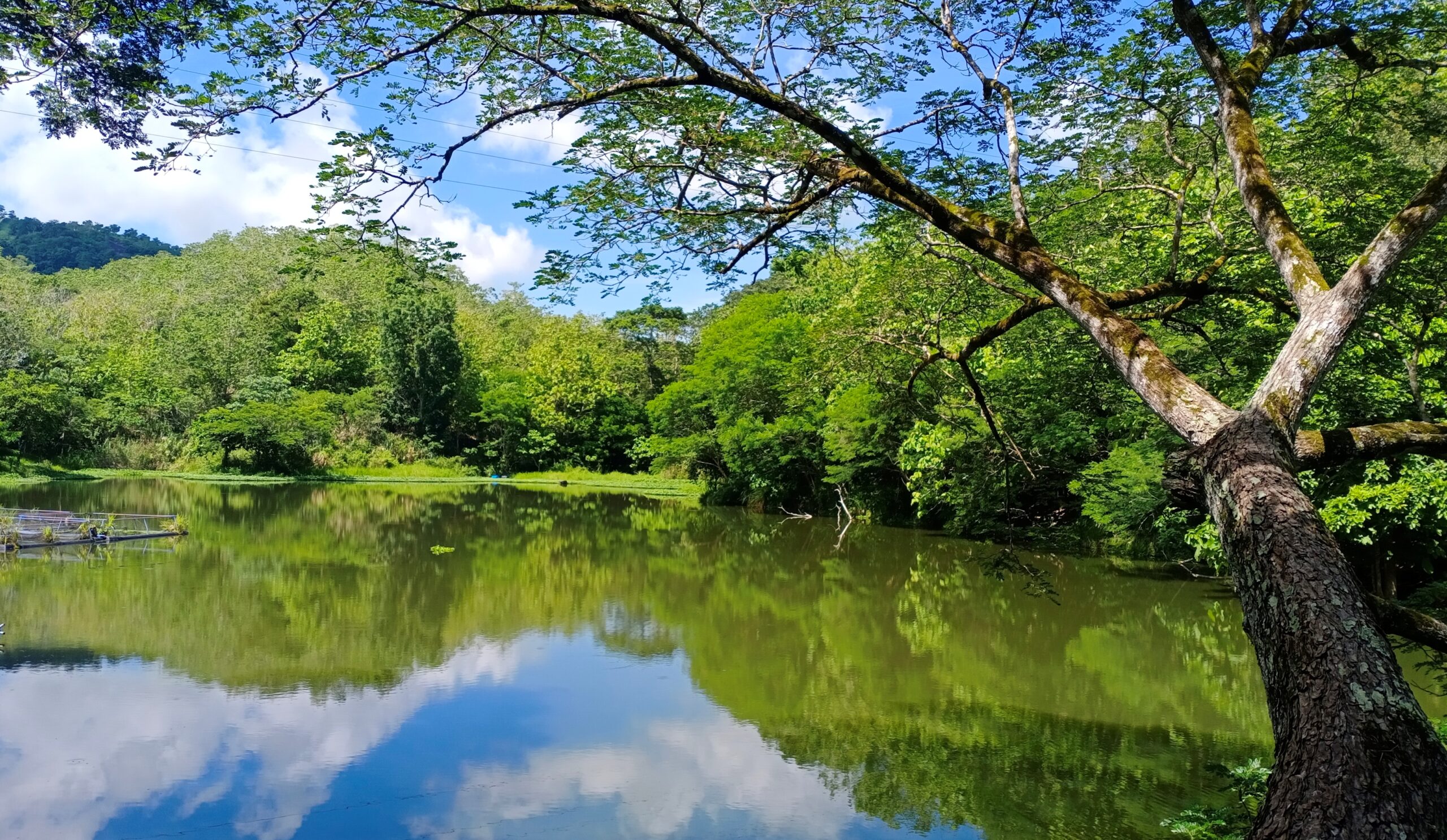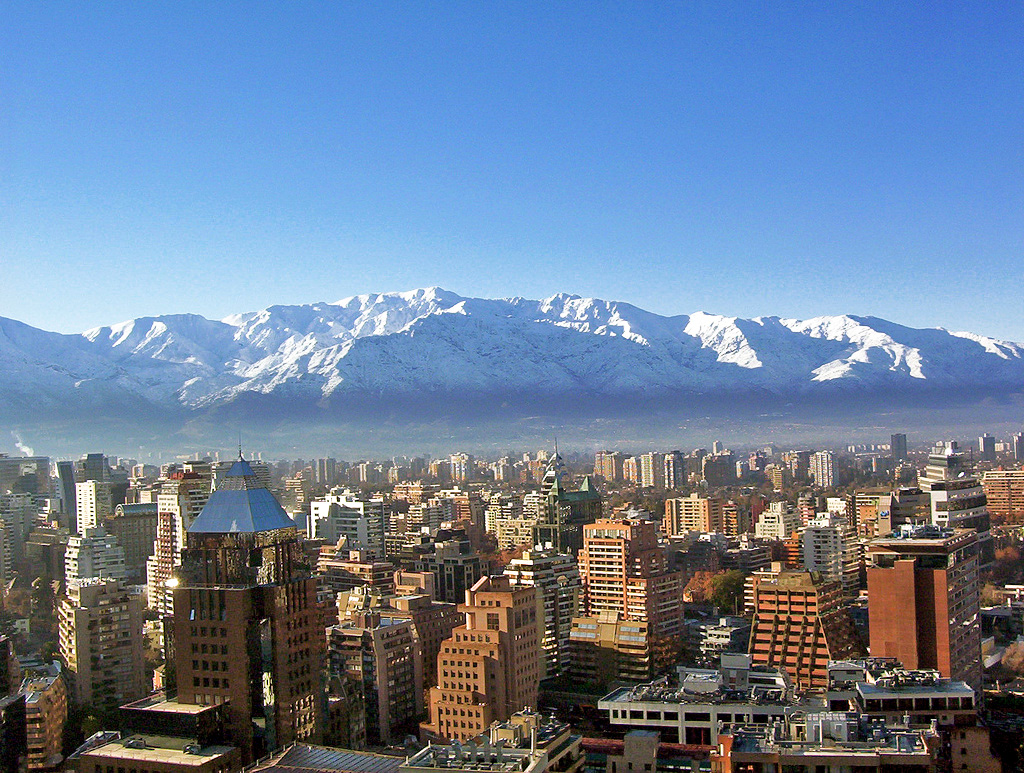The siren call of distant lands has long enticed the human spirit. However, in our pursuit of exploration, it’s imperative that we ensure the footsteps we leave behind aren’t detrimental to the very beauty we seek. Eco-tourism is that bridge connecting our wanderlust with environmental responsibility. It champions sustainable travel practices, ensuring that our adventures are not just memorable for us but also benign for our planet. Let’s delve into what eco-tourism truly represents and discover destinations that are making remarkable strides in ecological conservation.
Understanding Eco-Tourism
Eco-tourism isn’t merely a buzzword; it’s a philosophy. At its core, it seeks to ensure that travel is low-impact, environmentally educational, and beneficial to local communities. Unlike mass tourism, which can often strain local resources and ecosystems, eco-tourism places emphasis on small-scale, responsible travel. The goal? To ensure that we can enjoy Mother Nature’s marvels while ensuring future generations can do the same.
Sustainable Travel Practices
Every journey starts with preparation, and as eco-travelers, there are several practices we can adopt to make our escapades more sustainable:
- Carbon Offsetting: Many airlines now offer travelers the option to offset their carbon emissions by investing in environmental projects. This way, even though you’re flying, you’re counterbalancing the carbon footprint of your journey.
- Eco-Friendly Accommodations: Choose accommodations that prioritize sustainability. Eco-lodges and green hotels often employ practices like rainwater harvesting, solar energy utilization, and waste reduction.
- Support Local: From dining to shopping, ensuring that your money benefits local communities directly is pivotal. It not only boosts local economies but also discourages practices like mass production and environmental exploitation.
- Leave No Trace: Whether you’re hiking in the mountains or relaxing on a secluded beach, always ensure you leave the place as you found it. This means carrying your waste and minimizing disturbances to wildlife.
Destinations Leading the Way
While many destinations worldwide are embracing eco-tourism, a few stand out for their pioneering efforts:
- Costa Rica: Often hailed as the poster child for eco-tourism, Costa Rica’s rich biodiversity and commitment to conservation are unparalleled. Over 25% of its land is dedicated to national parks, reserves, and wildlife refuges. Many lodges here are built with sustainable materials, run on renewable energy, and are often staffed by locals, ensuring community upliftment.
- New Zealand: With its pristine landscapes and unique wildlife, New Zealand offers eco-tourists an unmatched experience. The country emphasizes preserving its Maori heritage and delicate ecosystems. Whether it’s through their ‘Tiaki Promise’ – a commitment by visitors to respect and protect New Zealand’s nature and culture – or their extensive network of eco-lodges, the nation is a beacon for sustainable travel.
Eco-tourism is more than just a mode of travel; it’s a testament to our commitment to the planet. By making conscious choices, we can ensure that our love for exploration doesn’t come at the expense of the environment. In the vast tapestry of travel, let’s weave in threads of sustainability, ensuring our adventures echo with responsibility.
Bhutan: A Unique Approach to Tourism
Another gem in the realm of eco-tourism is the Himalayan kingdom of Bhutan. The nation stands out not just for its breathtaking landscapes, but also for its unique approach to tourism: High Value, Low Impact. This philosophy aims to attract discerning travelers willing to pay a higher price for an authentic experience, ensuring that tourist numbers remain manageable. Furthermore, a significant portion of the tourism fees go directly into funding education, healthcare, and conservation projects across the country.
Galápagos Islands: Protecting Biodiversity
The Galápagos Islands, a UNESCO World Heritage site, offers an extraordinary glimpse into evolutionary processes, making it a sought-after destination for travelers. Recognizing the need to safeguard its unique biodiversity, the Ecuadorian government and local bodies have implemented stringent regulations. Tourist numbers are controlled, guides are mandatory for most sites, and there’s an emphasis on educating visitors about the delicate ecosystems they’re witnessing. Tour operators here are often dedicated to conserving the environment, with many organizing clean-up drives and actively participating in conservation projects.
Travel with Purpose: Voluntourism
Another aspect of eco-tourism that’s gaining traction is ‘voluntourism’ – a blend of travel and volunteering. Travelers, while exploring a destination, contribute to local projects, be it reforestation, wildlife conservation, or community initiatives. This ensures that their visit leaves a positive impact, both environmentally and socially.
Eating Responsibly: The Culinary Side of Eco-Tourism
Cuisine is an integral part of any travel experience. As eco-tourists, one can choose to dine sustainably. This means indulging in local produce, reducing meat consumption, and avoiding overfished seafood. Many destinations offer farm-to-table dining experiences, allowing visitors to savor fresh, local ingredients while supporting sustainable farming practices.
Towards a Sustainable Future
As the world becomes more interconnected and travel becomes accessible to more people, the strain on pristine ecosystems and untouched landscapes increases. Eco-tourism provides a pathway to explore these wonders without compromising them. It’s a collaborative effort, where governments, local communities, businesses, and travelers play pivotal roles.
The success of destinations like Costa Rica, New Zealand, Bhutan, and the Galápagos Islands in maintaining their natural beauty while promoting tourism is a testament to the power of responsible travel. It showcases that with the right measures, policies, and mindset, tourism can indeed be a force for good.
In conclusion, as travelers, every choice we make – from the destinations we choose, the accommodations we stay in, the food we eat, to the activities we partake in – has a ripple effect. By embracing eco-tourism, we’re not only ensuring a brighter future for the places we visit but also for our home: Earth.
Traveling the world is a privilege. Let’s ensure we do it with awareness, responsibility, and a heart full of gratitude. After all, in the words of Chief Seattle, “Take only memories, leave only footprints.” Safe and sustainable journeys to all!




